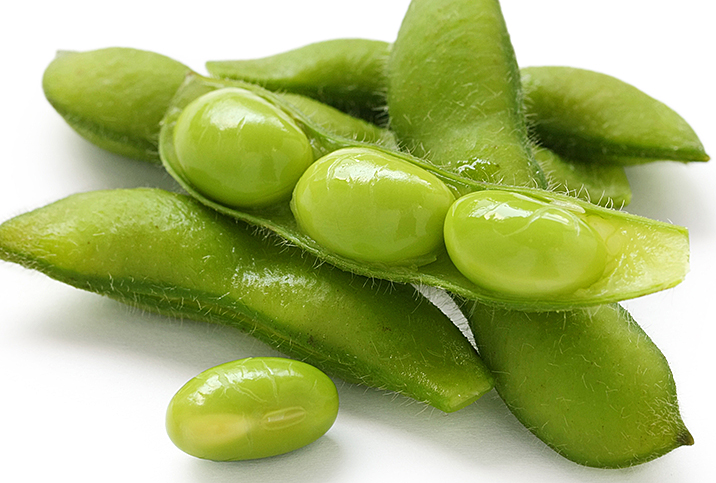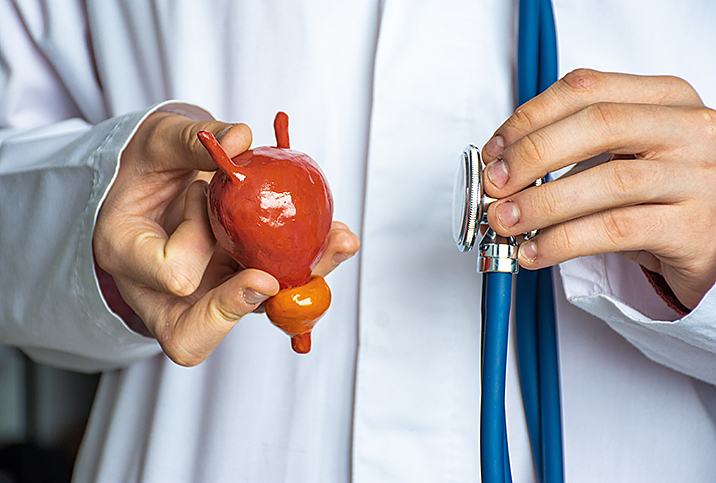Do More to Prevent Prostate Cancer

Prostate cancer affects 1 in 8 men, according to the American Cancer Society, and the risk increases with age, with men past the age of 60 being the most vulnerable.
Men with genetic predispositions to prostate cancer—foremost among them a “first-degree” family member with the disease—also have an increased risk and are more likely to develop it before 50 years old.
Researchers are still examining the many other risk factors, including possible lifestyle choices, associated with prostate cancer. Researchers have found little to no correlation between smoking or sexually transmitted diseases and prostate cancer, though there may be a strong correlation between obesity and aggressive prostate cancer. Still, at this stage, we know the most reliable risk factor is genetic predisposition.
While researchers are still looking for answers, many studies suggest that making easy lifestyle changes can decrease, or at least not increase, the odds of getting prostate cancer. Make the five following adjustments to decrease your prostate cancer risk:
Avoid red & processed meat
Red meat and processed meat, including deli meats and bacon, can increase a person’s likelihood of developing prostate cancer. Opt for different proteins, such as fish or chicken. However, if you can’t bear the thought of completely eliminating red meat and processed meat from your diet, simply eat it way less: Think of it only as a treat, or only for holidays.
Eat soy protein and beans
Many studies associate the intake of soy protein, such as tofu, and isoflavones with lower prostate cancer risk. Consider also adding more beans and legumes to your diet. However, this doesn’t mean you should eat excessive amounts of soy protein; simply including some soy protein as part of a weekly diet has been found to decrease cancer risks.
Eat the rainbow
Eat a healthy diet with a variety of fruits, vegetables and proteins. Men don’t have to adhere to a strict diet to avoid prostate cancer—just focus on eating nutrient-dense foods. Aim for a “colorful plate” at mealtime.
Maintain a healthy weight
While more research needs to be done on the topic, evidence indicates a potential correlation between obesity and high risk for aggressive prostate cancer. Inversely, men in a healthy body mass index (BMI) range are more likely to recover from prostate cancer faster than those outside a healthy BMI range (higher than 25 BMI).
Stress-free is best
Perhaps the most important factor in lessening cancer risks is to keep your life as stress-free as possible. Rather than worrying about every single potential health risk, focus on living a healthy, well-rounded life. Try to create a routine that will keep your body fit and healthy, so you can spend more time enjoying the people and activities you love.
If you have a genetic disposition to prostate cancer, positive lifestyle choices will give you a fighting chance to reduce your risk. As always, talk to your doctor if you have fears about your family medical history and get recommendations for the best course of action that fits your lifestyle.

















